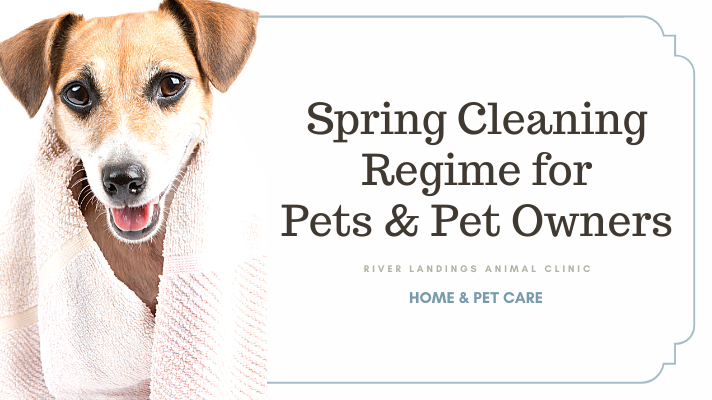Pet pharmacies are on the rise as pet parents are on the hunt for lower prices on medications. The advantage of this market is that the consumer receives a reduced price and there is the convenience of home delivery, instead of visiting their local veterinarian to fill or refill prescriptions. Their disadvantages, however, include the risk of being counterfeit, expired, or nearing expiration date and being improperly stored, which is damaging to the drug, thus reducing effectiveness and safety.
Counterfeiting in online pharma
Counterfeiting can range from brand name to generic products. These counterfeit drugs may be contaminated or worthless, thus may not help the condition or disease the medicine is intended for. They also run a great risk of being poisonous and cause dangerous side effects. They may even contain the wrong active ingredient or no active ingredient at all. Packaged in phony packaging that looks legitimate, why question it? These are the proverbial inexpensive phony Prada bags sold on street corners (of the internet).
Quality control is key
Reputable manufacturers will not and legally can not currently sell their products to online pharmacies. One of the main reasons why the veterinary pharmaceutical companies want their drugs distributed by a veterinarian and not a third party is to ensure that a proper veterinary-patient relationship is intact so that their products are not misused and/or prescribed inappropriately. In addition, quality control is maintained as the veterinarian is much more likely to store the medications properly and turn over their inventory on a regular basis to avoid buying in bulk and prescribing expired or soon to be expired medications.
Maintaining distribution of an effective, quality product is not only important for your pet, it is important for the reputation of the company for its products to be seen as safe and effective when utilized in a proper manner. It is not about maintaining higher prices for their products
How to spot the fakes
Recently, CEO of Action Packing and Design, Paul S. Rodriguez Jr, plead guilty to intentionally trafficking in counterfeit labels and packaging for anti-parasite products and veterinary medicines between July 2015 and December 2016. His operation produced counterfeit artwork for flea control products Frontline and Frontline Plus, sold by Merial. He also trafficked in counterfeit trademarked Rimadyl labels (a veterinary painkiller marketed by Zoetis).
Merial provides the following to help consumers to check whether their Frontline products are genuine:
Check the lot number/expiration date on the retail carton matches the lot number on the applicator package and/or the individual applicators.
Determine whether the instruction leaflet is included. It provides the following information: first aid statements, including emergency US or related merial branch telephone numbers; precautionary statements for humans and pets; directions for use; Frontline Plus from Merial usually has an adhesive calendar sticker with instructions for use and phone number. Treatment frequency is printed on the front panel. Visual aids and instructions are also included.
The pesticide is contained in an applicator package, which is child resistant.
Text on the package is in English only. There should be no stickers on the package. Related country’s approval numbers and phone numbers are printed on the box.
Once you open the applicator package, each individual applicator has a label that includes the registrant’s name “Merial;” the product name; “CAUTION”, “Keep out of reach of children”, “For animal treatment only”; Composition of active ingredient(s) (fipronil for Frontline Top Spot products; and fipronil and (S)-methoprene for Frontline Plus products). Text is in English. Note that for Merial Frontline Plus*: Applicator itself has the lot number and expiration date printed in the front.
The safest place to obtain pharmaceuticals is from your veterinarian. They are the only healthcare provider trained in the proper application and administration of animal products and is knowledgeable in the side effects and their interactions with other drugs.






